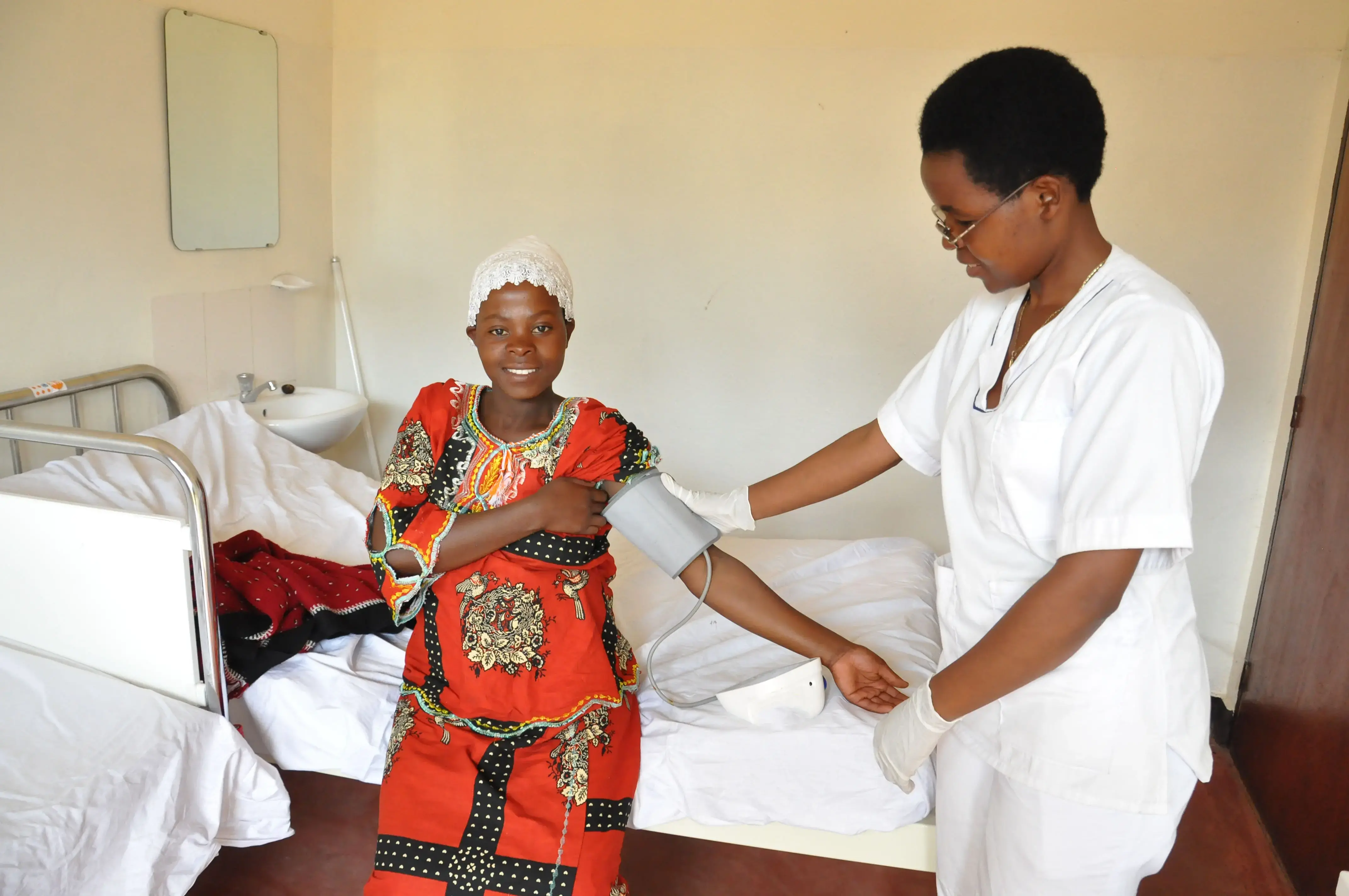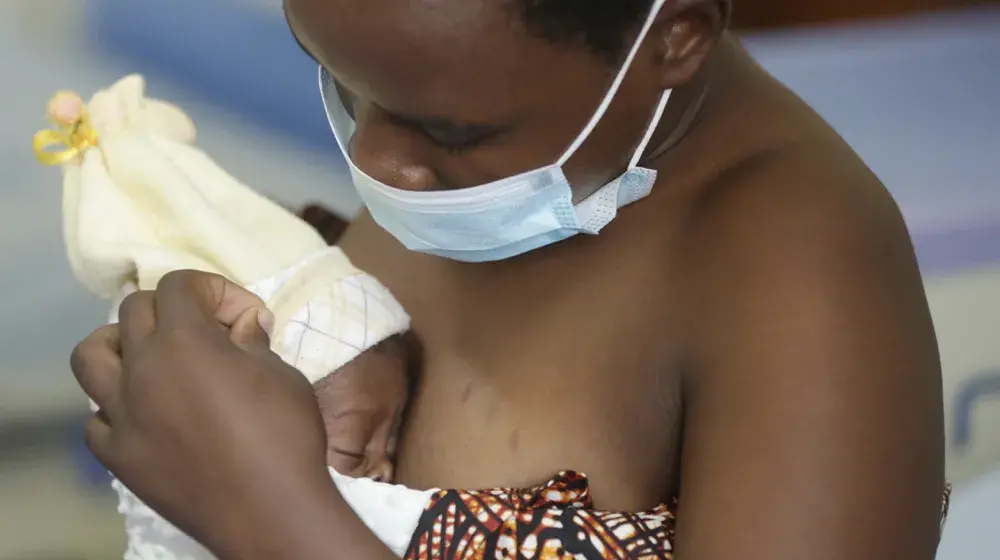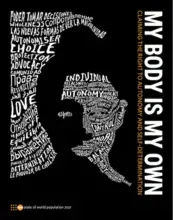The global consensus that family planning (FP) is a human right was secured at the 1994 International Conference on Population and Development, in Principle 8 of the Programme of Action: “All couples and individuals have the basic right to decide freely and responsibly the number and spacing of their children and to have the information, education and means to do so.”
One in two women uses modern methods of family planning, including contraceptives. As reported in the fifth Population and Housing Census of 2022, Rwanda is recognized as one of the most densely populated countries in sub-Saharan Africa with a significant rise in population density (from 415 to 503 inhabitants per square kilometre in 2022). The same report reveals that Rwanda's population is young (65,3% aged below 30), reflecting the high level of fertility in recent past years. A growing population stimulates economic activity and provides a larger market for goods and services.
Although the mCPR rate has increased by 13% from 2010 to 2020, the unmet need for Family Planning is also still high especially among sexually active unmarried women (37%) compared to the unmet need among married women (14%) and the teenage pregnancy is 5% (RDHS 2019/20)
Building decisive leadership for rights-based family planning as the foundation of sexual and reproductive health and rights, which calls for expanding FP beyond the health sector to change social and gender norms, laws and policies, financing, delivery and financial risk protection systems to uphold human rights. In all these, the Government is committed and on track to achieve them for increased modern contraceptive prevalence rate (mCPR) from 58% (2019/20) to 64% in 2024 among married women.
In partnership with government institutions (Ministry of Health, Rwanda Biomedical Centre), CSOs and academic institutions, UNFPA Rwanda through the Supplies partnership supports the implementation and operationalization of Rwanda's commitments towards FP through:
- Evidence-based programming through studies, operational research;
- The development of policies, strategic plans, guidelines, job aids, training manuals and tools in FP using an integrated approach;
- The policy dialogue on sustainable financing mechanisms for FP;
- Health system strengthening, national coordination and FP2030 global partnership to advance FP agenda;
- Strengthening national health systems and ensuring a steady, reliable supply of quality contraceptives and life-saving medicines through forecast and quantification of needs; the procurement of supplies and equipment to deliver quality SRH/FP services and Last Mile Assurance.
- Capacity building of health service providers, pharmacists and Community Health Workers on disability-inclusive quality counselling, service delivery as well as quality data management;
- Creation of demand and awareness raising on SRH/FP through the engagement of community & Religious leaders and campaigns, leaving no one behind and outreach services to reach those in furthest areas.
- Capacity development and service delivery in humanitarian settings to effectively deliver integrated SRH services including FP, through the provision of RH kits, dignity kits, demand creation activities and facilitate the provision of RH services in refugee camps.
UNFPA ensures access to safe, voluntary FP is a human right and central to gender equality, women’s empowerment, and a key factor in reducing poverty.




